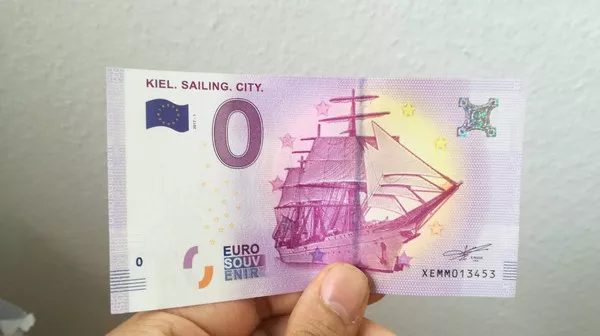In the dynamic landscape of global finance, currency fluctuations play a pivotal role in shaping economic outcomes. Among the major currencies, the Euro stands as a significant player, representing the economic strength of the Eurozone. However, fluctuations in the Euro’s value can have far-reaching implications, influencing trade balances, investment decisions, and overall economic stability. In this article, we delve into the complexities of a weak Euro and its multifaceted effects on the global economy.
Understanding Currency Strength and Weakness:
Before exploring the consequences of a weak Euro, it’s essential to grasp the concept of currency strength and weakness. A currency’s value is determined by various factors, including interest rates, inflation, economic growth, political stability, and market sentiment. When a currency is strong, it means that it can buy more of another currency, while a weak currency buys less.
Factors Contributing to a Weak Euro:
Several factors can contribute to a weakening Euro. Economic indicators such as sluggish growth, high unemployment, and low inflation within the Eurozone can dampen investor confidence and lead to a decline in the Euro’s value. Additionally, political uncertainties, such as Brexit or tensions among Eurozone member states, can also exert downward pressure on the Euro. Furthermore, monetary policies implemented by the European Central Bank (ECB), including quantitative easing or lowering interest rates, can influence the Euro’s strength.
Implications for Trade:
A weak Euro can have both positive and negative implications for trade. On one hand, a depreciating Euro makes Eurozone exports more competitive in international markets, as foreign buyers can purchase goods and services at a lower cost in their own currencies. This can boost exports, stimulate economic growth, and create jobs within the Eurozone. However, a weak Euro also makes imports more expensive, potentially leading to higher inflation and reduced purchasing power for consumers.
Impact on Investment:
For investors, a weak Euro can present opportunities and challenges. International investors may find Euro-denominated assets more attractive during periods of currency depreciation, as they can purchase assets at a lower cost and potentially benefit from currency appreciation in the future. Conversely, Eurozone investors holding foreign assets may experience losses in terms of their investments’ Euro-denominated value when the Euro weakens against other currencies.
Effects on Tourism and Travel:
The tourism industry is highly sensitive to currency fluctuations, as exchange rates directly affect the cost of travel for international visitors. A weak Euro can attract more tourists to Eurozone countries, as travelers from countries with stronger currencies find their trips more affordable. This influx of tourists can stimulate economic activity in sectors such as hospitality, retail, and transportation, contributing to overall growth in the tourism industry.
Challenges for Monetary Policy:
Central banks, including the ECB, often face challenges when dealing with a weak currency. While a weaker Euro can help stimulate economic growth through increased exports, it can also complicate monetary policy decisions. Central banks may need to carefully balance the objectives of supporting economic growth and maintaining price stability. Moreover, prolonged currency weakness may raise concerns about inflationary pressures, prompting central banks to adjust interest rates or implement other policy measures.
Global Economic Spillovers:
The Euro’s value is not only significant for the Eurozone but also for the broader global economy. A weak Euro can impact countries outside the Eurozone through various channels. For instance, countries that are major trading partners with the Eurozone may experience changes in their trade balances due to shifts in competitiveness. Furthermore, financial markets may react to Eurozone developments, leading to volatility in asset prices and capital flows.
Risks of Currency Wars and Protectionism:
In a globalized economy, currency fluctuations can sometimes trigger retaliatory measures from trading partners. If countries perceive a weak Euro as a deliberate attempt to gain a competitive advantage through currency depreciation, they may respond by devaluing their own currencies or imposing tariffs and trade barriers. Such actions can escalate into currency wars and trade conflicts, undermining international cooperation and impeding economic growth.
Mitigating the Effects of a Weak Euro:
To mitigate the adverse effects of a weak Euro, policymakers can employ various strategies. Structural reforms aimed at enhancing productivity and competitiveness within the Eurozone can bolster long-term economic resilience. Additionally, coordination among central banks and international institutions can help stabilize currency markets and prevent excessive volatility. Moreover, fostering open dialogue and cooperation among trading partners can reduce the risk of protectionist measures and promote a more inclusive and sustainable global economic system.
Conclusion:
In conclusion, a weak Euro can have profound implications for the global economy, influencing trade dynamics, investment decisions, and monetary policy strategies. While currency fluctuations are inevitable in the interconnected world of finance, proactive measures can be taken to manage the effects of a weak Euro and foster economic stability. By understanding the complexities of currency dynamics and promoting cooperation among stakeholders, policymakers can navigate challenges and seize opportunities in an evolving economic landscape.


